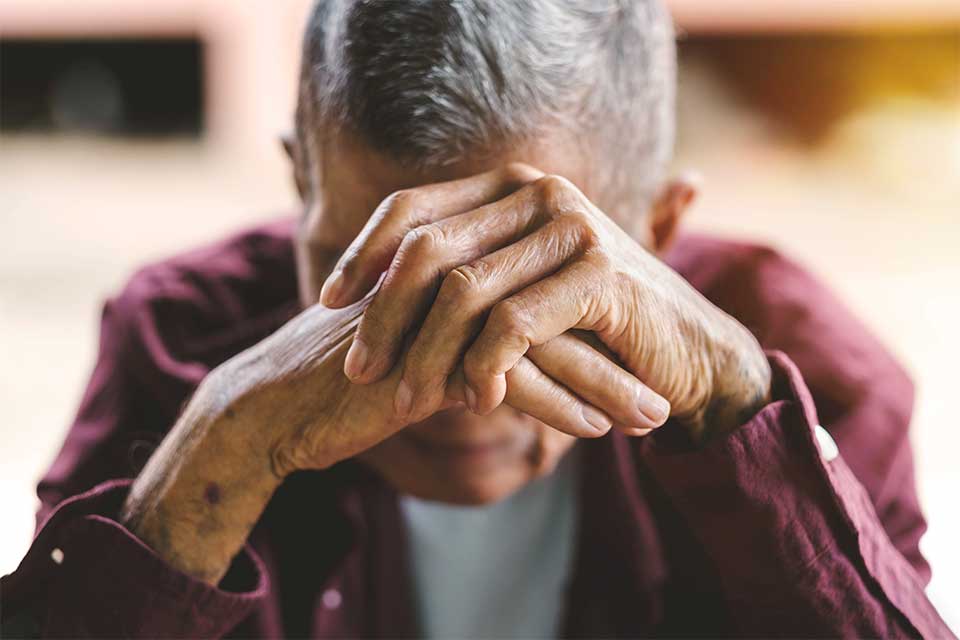
Elder abuse in neglect should be prevented as much as possible which can only be achieved by proper reporting. Since it is a crime, it is necessary for any individual to act upon it. The reporter is free from any criminal or civil liability which makes reporting much more convenient for any witness. However, this does not mean that there are no legal issues related to elder abuse.
In this article, we will talk about the types of elder abuse and what possible crimes they can lead to. We will also mention the risk factors and self-neglect. Some individuals are also required to legally report any instances they witness. We will also be mentioning considerations for corrections officers, guardians and conservators, and other individuals.
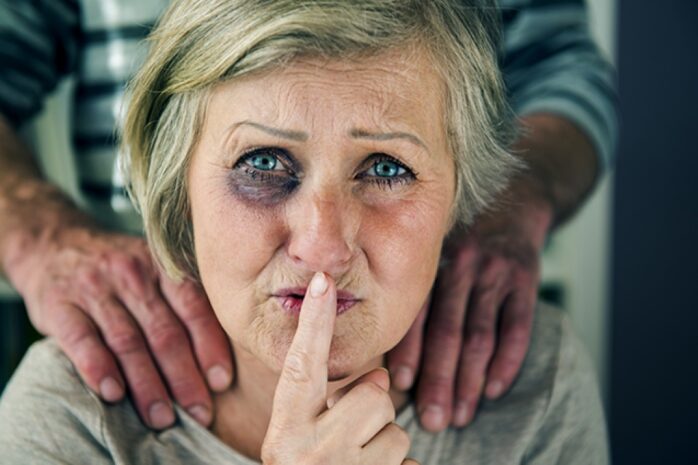
What are the Types of Elder Abuse?
Elder abuse is divided into different categories and can lead to different crimes. It exposes the victim to financial and physical ruin. It is an evil which leads to significant financial burden on the society in terms of lost income, social services, healthcare, and legal expenses. Let us see what the different types of elder abuse:
- Physical: This type is indicated with bruises, scratches, black eyes and fractures. Laboratory results also show significant damage internally. The possible crime related to it inlcude assault, aggravated assault, battery, mansluaghter, murder, and attempted murder.
- Sexual: any kidn of non-consensual sexual act calssifies as abuse. It can reflect in anal or vaginal infections, bruises around provate areas, and teh edler’s report of being raped. The crime related to it include rape, domestic violence, battery, sexua; assault, and sexual battery.
- Emotional or Psychological: The distress caused by the adult is through non-verbal acts for prolonged or short periods. It reflects through non-communication, agitation, and visual distress behaviours. It can be filed as a hate crime, elder abuse, and harassment.
- Abandonment: It is an elder being left alone when they require health care and assistance. The crimes for whihc the caretaker shoudl be processed are neglect, involuntary homicie, manslaughter, and murder.
- Financial Exploitation: This type of exploitation corresponds to any material funds of an elder being misused. It is reflected in bank account activity, substandard care, changes in the will, and unauthorised withdrawal through the bank cards.

Self Neglect
On the face of it, self-neglect is not a crime an elder can be prosecuted for. However, the legal system gets involved if the self-neglect is the result of a third person’s actions. It should be reported because it is threatening the safety of an individual even if it is by their own hands.
The regulatory authorities will get involved in such a case and will provide them adequate care. Legal proceedings will only occur in such a case if it stemmed from any type of elder abuse. The most common root is the financial and material exploitation which doesn’t leave enough means for a victim to sustain themselves.
Authorities may also get involved in case the self neglected is abusing some other adult, children or animal for which a complaint has been filed. This becomes a legal issue related to elder abuse if the neglect was inflicted upon by someone else. If you need assistance in finding legal help with reporting neglect in a nursing home or facility, click here.
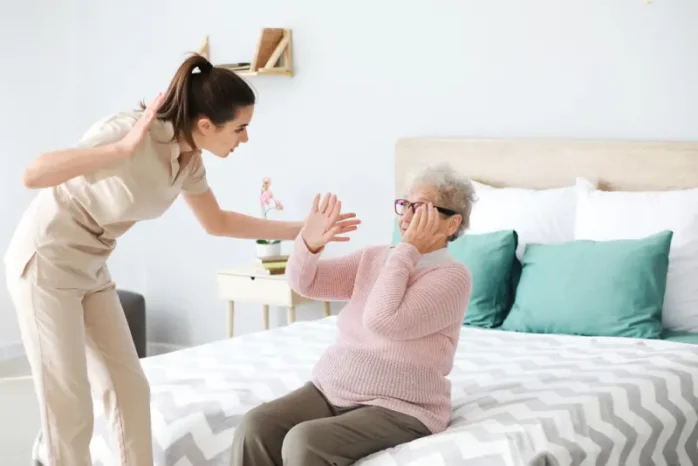
Legally Mandated Reporting
There are some professionals who are legally mandated to report any instances where elder abuse may be occurring or is suspected. It is their duty to report otherwise their neglect will be treated as a crime. Certain individuals are legally mandated to report instances of elder abuse under the adult protective services (APS) law.
The people who are included in the law may vary from state to state. It is important to know whether a licensed professional comes into the list or not. State laws dictate that the report be made to APS itself while federal law indicates that the report be made with the law enforcement agency.
In case of any doubt, one can call 911 and get redirected to the right agency. Legal issues arise when an individual does not report the crime when they are supposed to. It is a crime under state or federal law or both. The authorities need to consider if the failure or delay was due to the following factors:
- The elder being further abused after the complaint
- The perpetrator not being held responsible
- Evidence being lost or altered
- A part of a larger conspiracy
- A part of a coverup
Eventually, APS should be contacted for the proper proceedings.
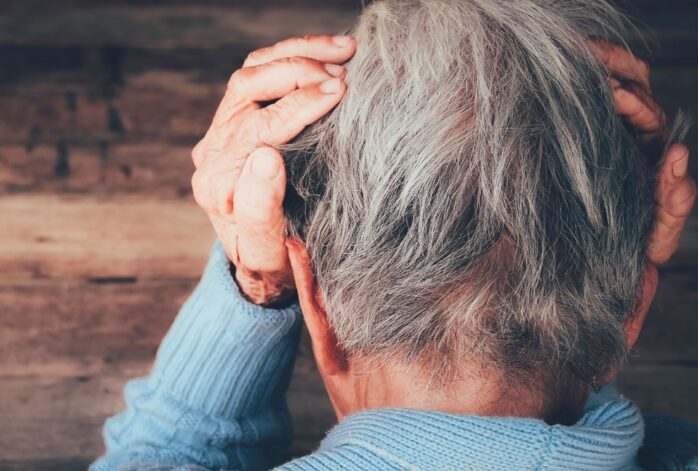
Considerations for the Corrections Officers
Corrections officers are people who have the authority to make the right decisions in different contexts based on elder abuse and neglect. They should keep the following considerations in mind in the following instances:
- Consent, Capacity, and Undue Influence: There are times when an older adult might be in possession of the right mental faculties. In such a case, their consent to financial exploitation or secual abuse should not be considered. It is important for the authority to analyse if the consent was given under extra influence. Patients with dementia are not considered well enough to give consent for any activity that leads to abuse. Corrections officers should see if the offender can work as a caretaker again with vulnerable people. External supervision is needed.
- For Nursing Homes and Assisted Living Facilities: It might be inappropriate for an offender to be allowed back in the same environment where they previously committed elder abuse. The management of the facility may have to be notified of the past criminal record to see if any additional supervision is required for the offender. Reporting the previous issue to the management depends on the state laws.
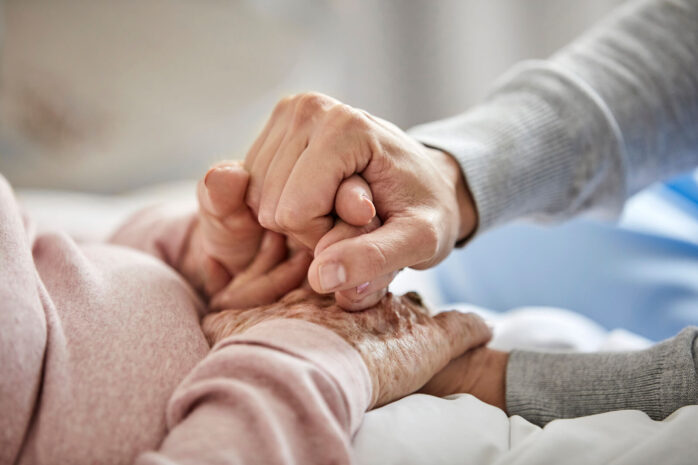
The Takeaway
The legal issues related to elder abuse largely correspond to how and when the incident is reported. Legally mandated individuals are bound to report to APS while others should do it out of moral responsibility.





